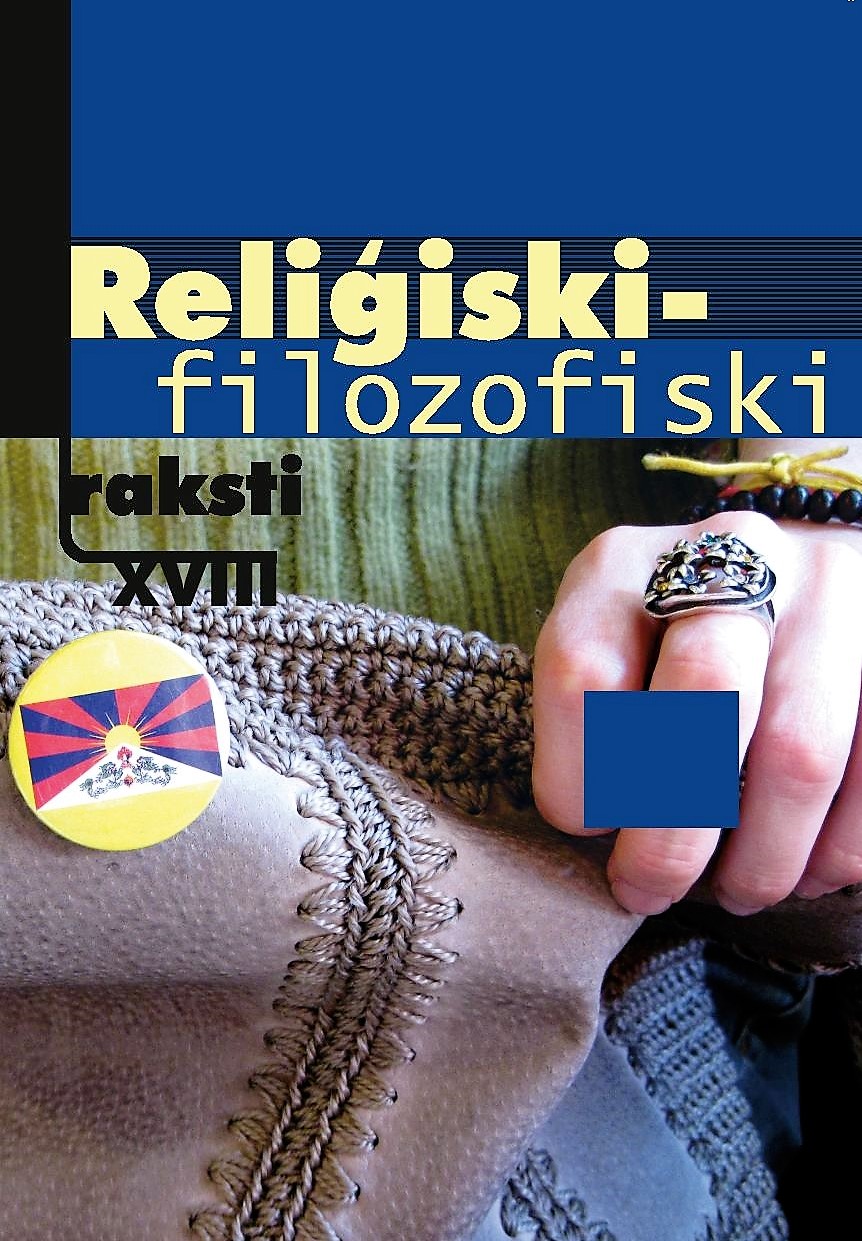The Role of Middle Eastern Classic Secular Texts in Forming National Identity and Intercultural Relations: Mu’allaqat
The Role of Middle Eastern Classic Secular Texts in Forming National Identity and Intercultural Relations: Mu’allaqat
Author(s): Zane ŠteinmaneSubject(s): Nationalism Studies, Sociology of Culture, Inter-Ethnic Relations
Published by: Latvijas Universitātes Filozofijas un socioloģijas institūts
Summary/Abstract: Despite the undeniable fragmentation of the Arab people, and discarding idealist views that overemphasize the similarities, essential elements persist that form the orientation of certain people affirming their needs, interests and goals with a common reference. Since the overwhelming majority of Arabs are Muslim, the two identities – religious and secular - are linked and overlapping, but are not necessarily inseparable. In the aftermath of colonialism, the second World War, and the growing influence of the Western philosophy, a literary movement of the local itelligence called “al-Nahda” inspired the establishment of Arab nationalism. In their attempts to form a national identity, certain elements of unity (language, common culture, sociopolitical experiences, economic interests, and a collective memory of their place and role in history) were highlighted.
Journal: Religiski-filozofiski raksti
- Issue Year: XVIII/2015
- Issue No: 1
- Page Range: 157-169
- Page Count: 13
- Language: English

